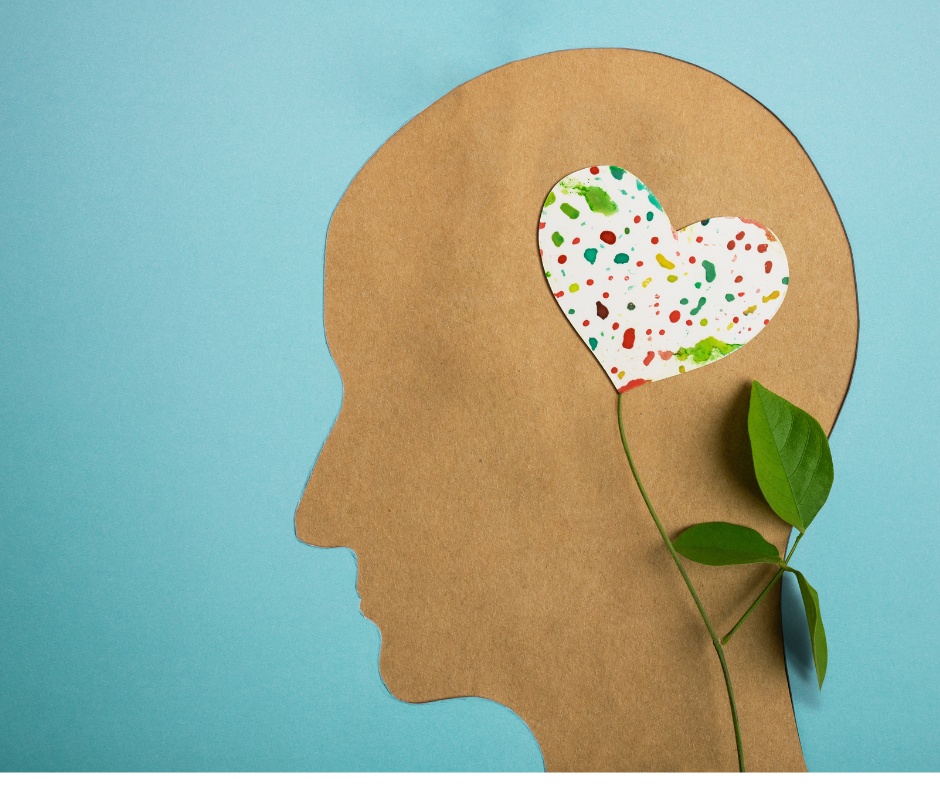
Readers, please be advised that this blog contains content that reflects the reality of Brian’s struggles with various addiction and suicidal intent.
As we approach Eating Disorder Awareness week, I think back to 2005. Deep in the throes of a twenty seven-year struggle with bulimia and untreated alcoholism and drug addiction, I stuck a .45 automatic pistol in mouth and pulled the trigger. At 44 years old I was so disgusted with what I saw in the mirror that I was willing to end my life. This is the dark abyss of Body Dysmorphic Disorder.
The issues that took me to that dark place, dated back to my childhood. I was an overweight, shy child who only wanted to be accepted. Instead, there was fat shaming at home by my mother and at school, and bullying and teasing about my weight in school. With no one to talk to about my body shame and the bullying, I eventually began to see distortion in the mirror’s reflection. I saw a fat ugly “monster.” The beginnings of Body Dysmorphic Disorder.
After that, and specifically beginning my freshman year at Penn State University, no matter what changes I made to my body from then on, I would never see the real Brian. I became anorexic. When starving myself didn’t change the image in the mirror, I added bulimia to the mix. I would stay bulimic until I was forty-five years old.
I was alone. Alone with my body shame. Alone with my distorted thoughts. I could tell no one. Not my family, not my roommates, not my wives in three failed marriages. Failing because I was so ashamed of my reflection that I was unable to be intimate both physically and emotionally. I shut them out.
A man’s shame. Men do not admit such things. Men do not talk about being “feeling fat,” about hating our bodies. Gender stereotypes are powerful. Karen Carpenters death in 1983 spoke only to women. What could I tell them regardless? It had no name for me. “Bulimia” and “Anorexia” would be unknown words to me until I was in my 40’s. They were just things I did every day like breathing. An integral part of my existence.
Alcohol and drugs would also become part of my effort to change who I saw. Then came steroids. None of it made me feel better about myself, albeit a few brief moments of that cocaine high or compliment over by body, which my mind would soon tell me was a lie.
Intense depression would follow in the realization that I was still that 11 year old child in the mirror. Many years later would come the brush with suicide. They say that your lowest moment in life can ultimately be your most triumphant if you survive it. I survived. I realized that I would either soon be dead or I would lose what I feared most, my family.
With that realization, I took that first step. I got honest with everyone I had been lying to about life, most importantly my family and my shrink. What I feared most did not occur. I was not rejected. There was only love and support. When I started dealing with the shame of that 11-year-old child, healing began. Forgiveness occurred. Willingness to test my negative thoughts became routine. I stopped binging and purging. I stopped drinking and using drugs.
Am I cured? I don’t think there is a cure for BDD thoughts. There is only a “cure” for how I process them to positive thoughts. It’s an ongoing process. It may take me the rest of my life. That’s ok. I know now that the mirror does lie. I am just Brian fat thin, bald, and shy.
There is no shame in any of that. There is no shame in admitting that as men we have those thoughts. The only shame is if we stay quiet about them. Eating disorders have the highest mortality rate of any psychological disorder. Twenty-five percent of those suffering are men. Let’s keep the conversation about them going to raise awareness. Let’s learn to love ourselves for who we are.
Brian Cuban is a an author whose best-selling book “Shattered Image: My Triumph Over Body Dysmorphic Disorder” chronicles his first-hand experiences living with, and recovering from eating disorders and Body Dysmorphia Disorder (BDD) and drug addiction. Brian speaks regularly about his recovery and breaking the male eating disorder stigma.

